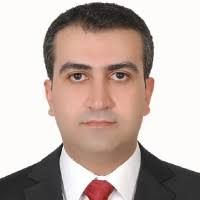
David Hale
The Transatlantic Alliance Will Survive Just Fine
28/01 18:30 - Reading : 4 minute(s)
USA Donald Trump Emmanuel Macron Europe Israel
Media and politicians on both sides of the Atlantic are hyping the idea that President Trump's attempt to gain sovereign control of Greenland has caused unprecedented and irreparable damage to the over 75 year-old Transatlantic Alliance. This "analysis" stems from multiple sources. On both sides of the ocean, there are those who pounce on any ...






